Marine copepods are tiny crustaceans that play a huge role in our oceans. These little creatures are important for marine ecosystems, global climate, and even home aquariums. Let's explore why these small animals have such a big impact.
Key Takeaways: Copepods in Marine Aquariums
- Copepods are tiny crustaceans that help clean marine aquariums.
- They eat algae, bacteria, and other small particles in the water.
- Copepods serve as a natural food source for many fish and corals.
- They help maintain a balanced ecosystem in the aquarium.
- Common types include Tisbe, Apocyclops, and Tigriopus.
- Copepods play a crucial role in ocean food webs and carbon cycling.
- They are indicators of ocean health and climate change impacts.
- Adding copepods to home aquariums can improve water quality.
- Proper feeding of copepods ensures a thriving aquarium ecosystem.
- Understanding copepods helps us appreciate marine biodiversity.
What Are Marine Copepods?
Marine copepods are like the busy bees of the ocean. They're super small animals that live in water, usually about 1-2 millimeters long. That's smaller than a grain of rice! Even though they're tiny, there are so many of them that if you could weigh all the copepods in the ocean, they'd weigh more than all the people on Earth! This makes copepods one of the most numerous animals on the planet, even more than insects!
These little guys come in different types. Some live near the bottom of the ocean, while others swim around in the open water. Copepods are essential for reef tanks and natural ocean ecosystems. They're like underwater vacuum cleaners, eating tiny bits of food and helping to keep the water clean. They eat all sorts of small things, from tiny plants to other small animals, which makes them really important in ocean food chains.
Why Are Copepods So Important?
Copepods are like the cheeseburgers of the sea - almost everything loves to eat them! Fish, whales, and even some birds snack on copepods. They're full of good stuff that helps other animals grow big and strong. Without copepods, many sea creatures would go hungry. People often call copepods the "rice of the sea" because there are so many of them and they're so nutritious. They have lots of omega-3 fatty acids, which are really good for sea animals to grow and stay healthy.
But that's not all they do. Copepods also help our planet in a big way. They eat tiny plants in the ocean called phytoplankton. These plants suck up carbon dioxide, which is a gas that can make our planet too warm. When copepods eat the phytoplankton, they help control how much carbon dioxide gets trapped in the ocean. It's like they're part of Earth's air conditioning system! This helps move carbon from the surface of the ocean to the deep parts, which is really important for keeping our planet's temperature balanced.
Copepods in Your Fish Tank
If you have a fish tank at home, especially a saltwater one, copepods can be your little helpers. They eat leftover food and algae, keeping your tank clean. Many fish love to munch on copepods too, so they're like a living snack bar for your aquatic pets! Copepods make your aquarium more like a real ocean, with lots of different tiny animals living together. They can help keep the water clean and reduce the need for chemicals to clean the tank.
Adding copepods to your fish tank can make it healthier and more like a real ocean. They're easy to take care of - just add them to your tank and let them do their thing. Some people even call them "tank janitors" because they're so good at cleaning! Copepods are also great food for baby fish and other small sea creatures, which is really helpful if you're trying to breed fish at home.
Types of Copepods You Might Find
There are many different kinds of copepods, but here are a few you might see in a fish tank or learn about in school:
- Tisbe: These are great cleaners and love to hang out at the bottom of tanks. Tisbe copepods can have lots of babies quickly, which is good for keeping a steady number of them in your tank.
- Apocyclops: They swim around more and are good food for baby fish. Apocyclops are really nutritious and people who raise fish often use them to feed baby fish.
- Tigriopus: These tough little guys can live in tide pools where the water changes a lot. Scientists like to study them because they can survive in really tough conditions.
- Calanus: These are bigger copepods that are really important in cold ocean areas. They're full of oils that make them yummy for fish to eat.
- Acartia: These are common near the coast. Scientists use them to study how pollution affects sea life because they're sensitive to changes in the water.
How Copepods Live
Copepods have some cool tricks for surviving in the ocean. During the day, many of them swim down deep where it's dark to hide from animals that want to eat them. At night, they come back up to eat. It's like they have a daily commute, just like people going to work! This up-and-down swimming is one of the biggest animal movements in the world. It helps move food and important chemicals between the top and bottom of the ocean.
Some copepods can even take a long nap when food is hard to find. They store up fat in their bodies and go into a deep sleep called diapause. When conditions get better, they wake up and start swimming around again. It's their way of making it through tough times. This special nap helps copepods live in places where food comes and goes with the seasons. Some can sleep for months, waking up just in time for when there's lots of food in the water.
Copepods and Climate Change
As our planet gets warmer, it affects copepods too. The ocean is changing, and these little creatures have to adapt. Scientists are studying how copepods are dealing with warmer water and changes in their food supply. By understanding how copepods react, we can learn more about how climate change is affecting our oceans. If copepods change where they live or how many there are, it can really affect the fish and other animals that eat them.
Copepods are tiny powerhouses that can tell us a lot about the health of our oceans. They're like little ocean thermometers, helping us keep track of how things are changing underwater. Scientists use copepods to check how things like ocean acid levels, warming water, and pollution are affecting sea life. Because copepods have short lives and are sensitive to changes, they can quickly show us if something's wrong in the ocean.
Feeding Your Copepods
If you're keeping copepods in your aquarium, you might wonder what to feed them. In the wild, they eat tiny plants and animals, but in a tank, you can give them special food. PhycoPure products are great for feeding copepods. These are like smoothies for your little ocean friends, packed with all the nutrients they need to thrive. Giving copepods the right food is really important to keep them healthy and happy in your tank.
Remember, happy copepods mean a happy tank! When you feed your copepods well, they'll do a better job of keeping your aquarium clean and healthy. Plus, they'll make tasty snacks for your fish. Well-fed copepods will have more babies, which means you'll always have plenty of live food for the other animals in your tank. It's good to give them different kinds of food, just like they would eat in the ocean, including tiny plants and other small bits of food.
Conclusion: The Big Impact of Tiny Creatures
Marine copepods might be small, but they're super important for our oceans and even for the whole planet. They feed lots of sea animals, help keep the water clean, and even play a part in controlling Earth's temperature. Whether they're swimming in the vast ocean or in a little fish tank, copepods are working hard to keep things balanced. They do more than just be food; they help move nutrients around, store carbon, and keep the ocean full of different kinds of life.
Next time you look at the ocean or your aquarium, remember that there are billions of these tiny helpers swimming around. They're a great example of how even the smallest things in nature can make a big difference. So let's do our part to keep our oceans and tanks healthy - the copepods are counting on us! By learning about these tiny sea creatures, we can better understand how important the oceans are for our whole planet.
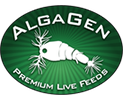
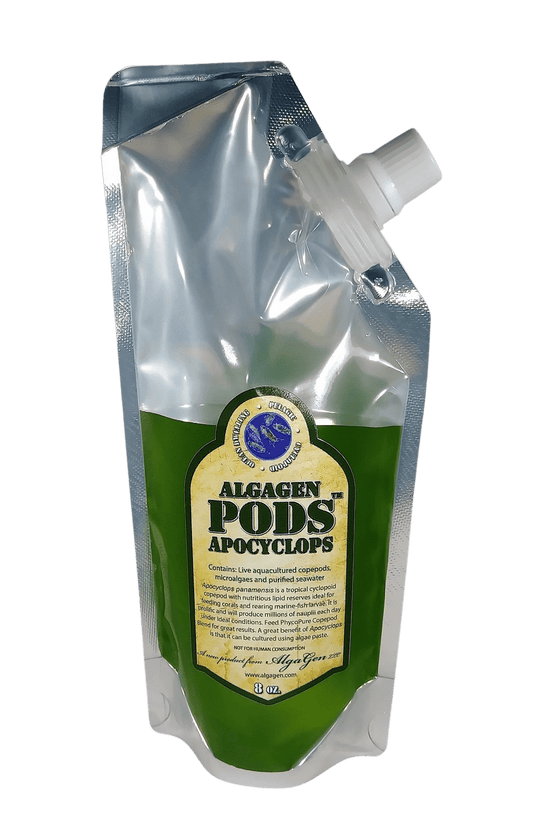
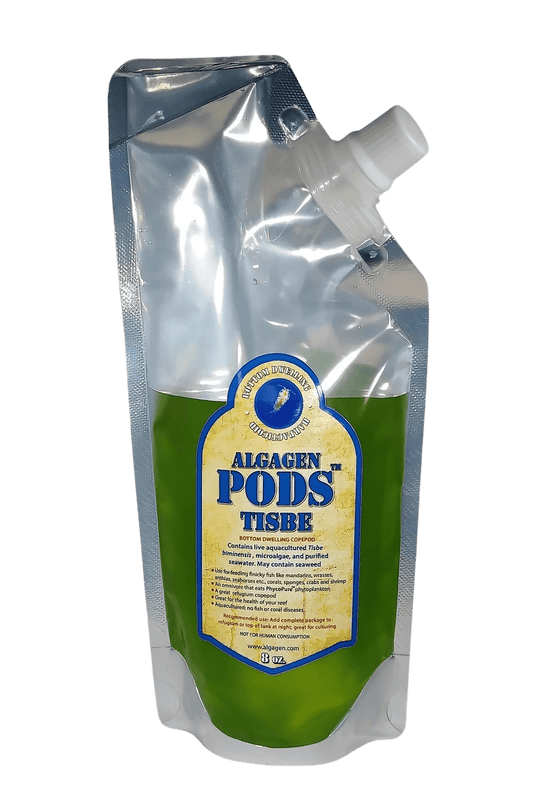
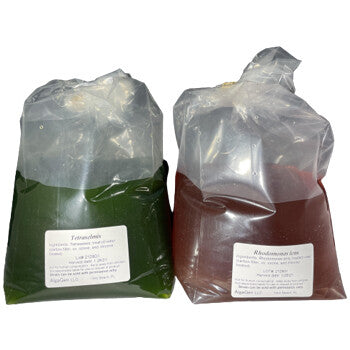
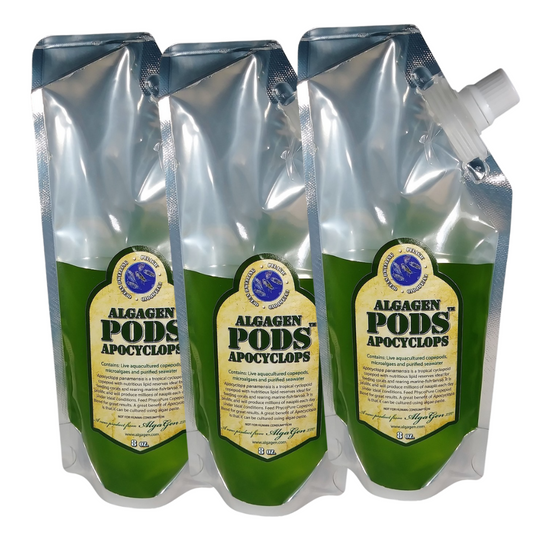
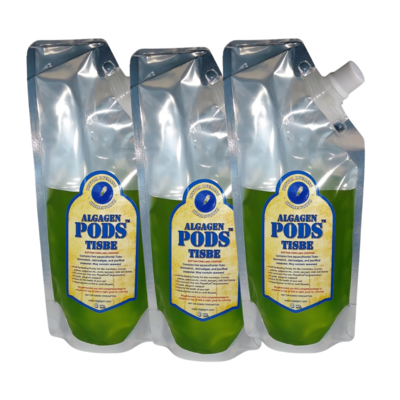
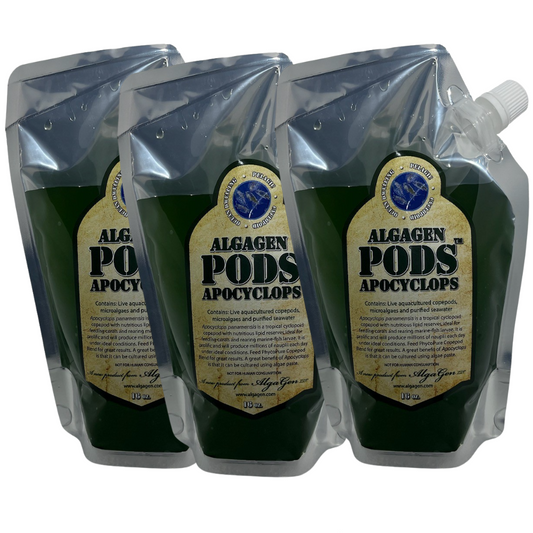
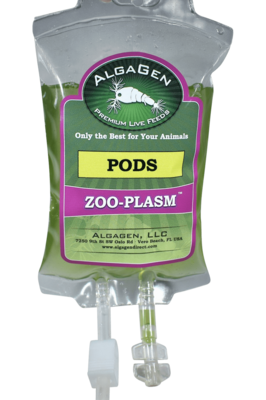
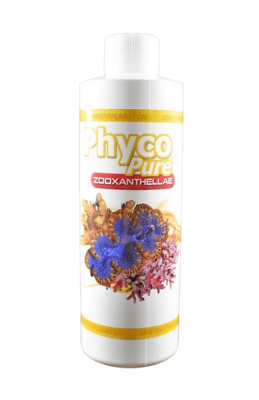
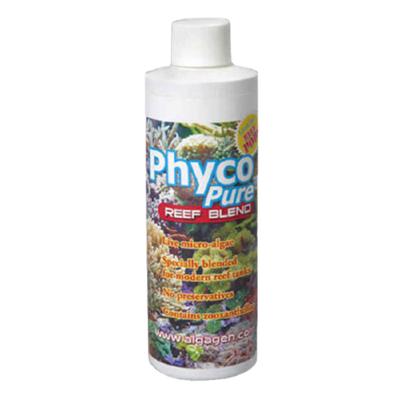
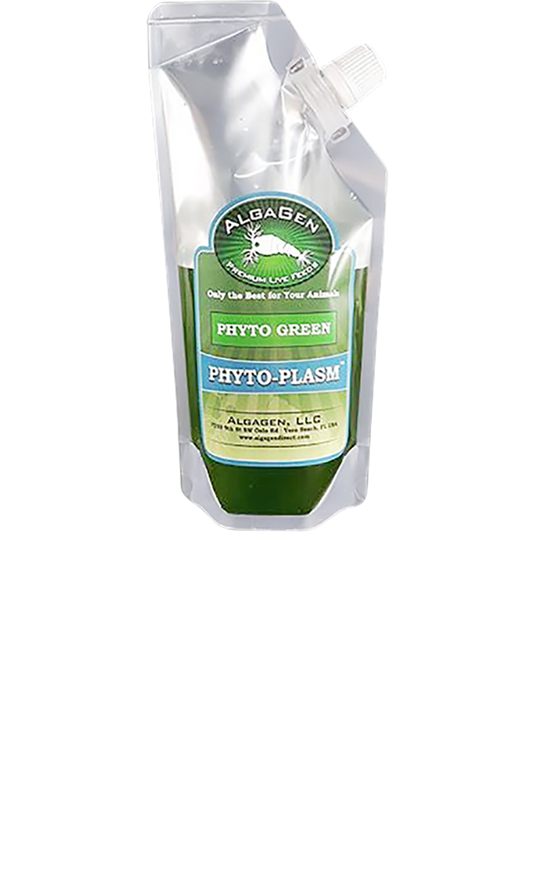
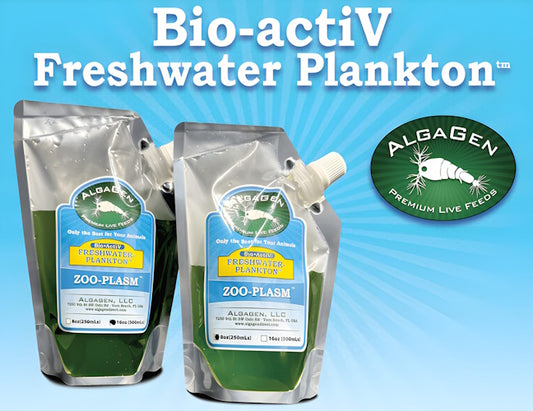
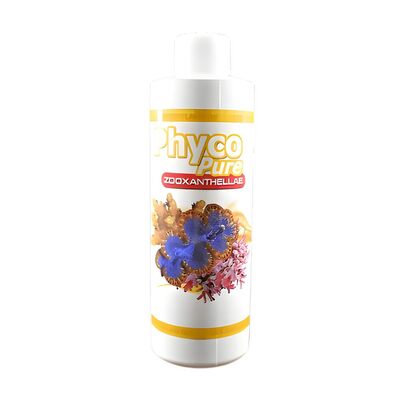
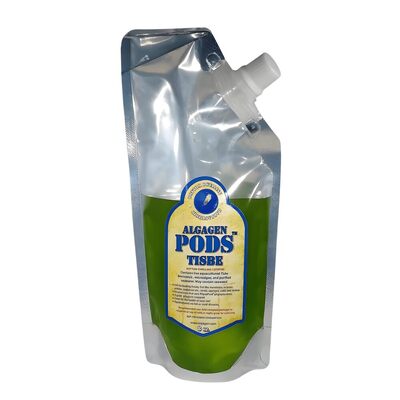
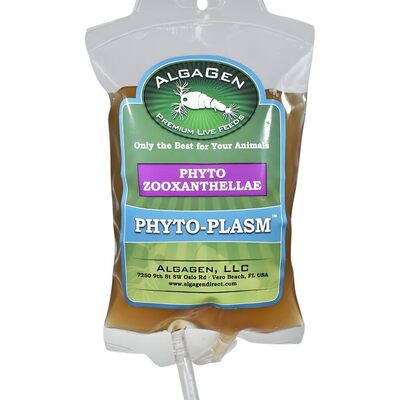
Recent post